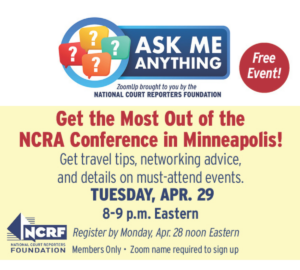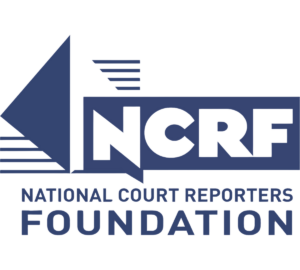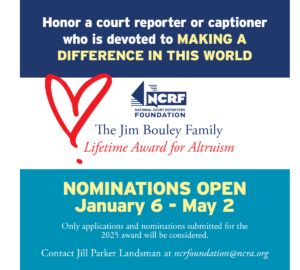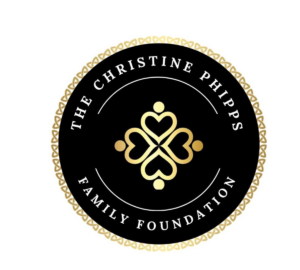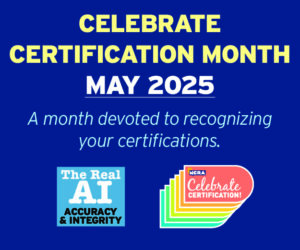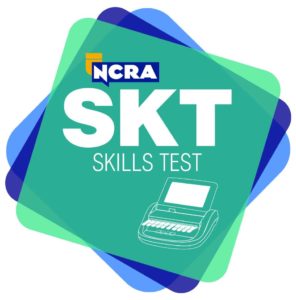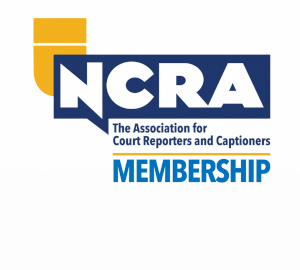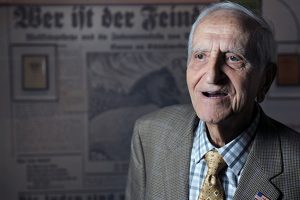
Nearly 20 years ago, Michelle Keegan, RMR, CRR, of Quincy, Mass., and her husband visited the Dachau concentration camp in Germany. It was an unforgettable experience.
“There was very little talking amongst all of us tourists as we walked around the camp that day,” Keegan said. “Everybody seemed to keep looking at one another hoping that somebody would speak up and make sense of it all. Nobody did. On the bus ride back to the city, there was no light chatter. People were too overwhelmed.”
Years later, Keegan transcribed the account of one of the American soldiers whose battalion liberated Dachau.
“There were about 17,000 people still [in the camp] when they arrived,” Keegan said. “The horrific things that he relayed about some of the surroundings were what we had seen on our tour. He recounted that the battalion that had moved into the camp before his had been very overcome with emotion. He relayed about the soldiers, ‘They were so upset about what they saw that they actually lined up about 40 or 50 of these Nazi guards and just mowed them down with machine guns.’”
Transcribing this interview was part of the National Court Reporters Foundation’s (NCRF) agreement with the United States Holocaust Memorial Museum to have NCRA members preserve oral records from the museum’s collections. Since 2014, NCRA members have transcribed parts of more than 100 interviews from the museum’s collection of more than 200,000 records.
Hearing these eyewitnesses’ first-hand accounts puts a different perspective on what is taught in school and from history books.
“The most meaningful part of transcribing these interviews was actually becoming immersed into their life story as they’re describing the events that had happened to them,” said Megan Orris, RPR, an official from Beaver Springs, Pa. “The part of the interview I had to transcribe dealt with what this man endured right before he was liberated and then following his immigration to America and the life he had here. It was very interesting to listen to a real-life story and not something from a history textbook. It gave me a whole new perspective on life and being appreciative that I never had to go through what this man and others had during the Holocaust.”
Transcribing survivors’ accounts is a way to honor the victims, says Karen Shelton, RDR, CRR, a freelance reporter from Fort Worth, Texas.
“I have read the stories of Holocaust survivors for years and have visited Holocaust memorials in several places and have always found them deeply moving. When the opportunity arose to transcribe the oral histories of survivors, I knew it was something I wanted to participate in. As much as I have learned from educating myself about the history of that time and the plight of so many victims, I felt that transcribing some of their stories was something tangible I could do to honor their memories and to provide a written record for future generations to read,” Shelton said.
Some reporters who have never transcribed an interview of a Holocaust survivor may be hesitant to do so for emotional reasons.
“I was very anxious when I hit the play button on my first Holocaust interview. Would I be able to contain my emotion and get through whatever story I was going to hear?” Keegan said. “Just like in a deposition, I automatically switched into court reporter mode and listened for the words rather than the content the best that I could.”
Keegan and many other reporters are happy to have participated.
“I cannot fully express the gratitude that I have to be able to be a part of transcribing these stories. I am humbled by the strength and courage of these men and women who sit and recount their stories so that the rest of us may understand this part of our history. The overwhelming appreciation that I have always had for the men and women of our Armed Forces has been strengthened by these interviews. In just a very tiny way, I feel that I have helped to preserve the stories of all of these people,” Keegan said.
Orris concurs: “Another meaningful part of transcribing these interviews was preserving their story. I think that has a whole new meaning in itself that we as reporters get to transcribe these stories, and they’re saved forever in the archives for people to read years from now. It gives you a special feeling to be able to have done something like this.”
For more information on NCRF’s Oral Histories Program and to get involved, visit NCRA.org/NCRF/OralHistories, or contact April Weiner, Foundation Manager, at aweiner@ncra.org.
